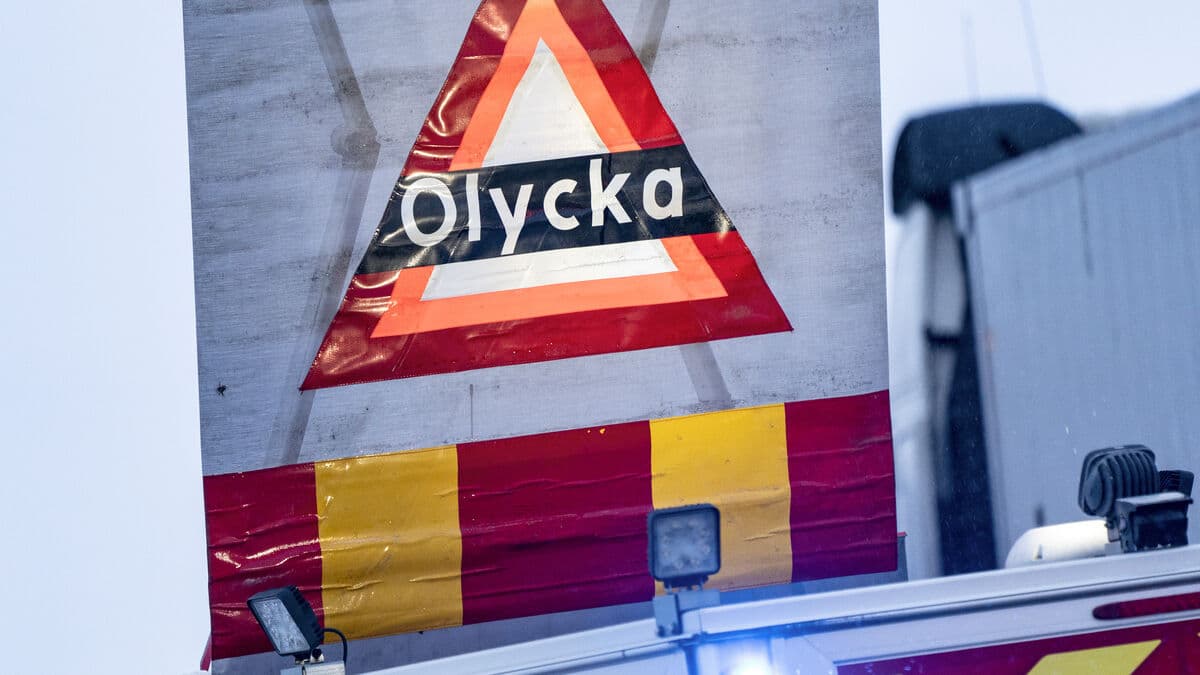Kirillov is the highest-ranking Russian military officer to have been killed in a similar manner since Russia launched its large-scale invasion of Ukraine in February 2022, according to the news agency AFP. The second person killed on Tuesday was a close associate of Kirillov.
A homemade explosive device placed in an electric bicycle was behind the explosion near the entrance to a residential building, according to the investigation committee. The building was also damaged, as shown in pictures in Russian media.
The explosive device was detonated remotely, writes the Russian state-controlled news agency Tass, citing information from the rescue service.
Dmitry Medvedev, former president and now a high-ranking official in the security council, describes the attack as a Ukrainian attempt to divert attention from military failures and says that Ukraine's "military-political leadership will face inevitable retaliation".
SBU behind the attack
An official from Ukraine's security service (SBU) tells AP that they are taking responsibility for the attack.
The liquidation of Lieutenant General Igor Kirillov, head of Russia's radiological, chemical, and biological defense, was a special operation carried out by the SBU, he says.
Kirillov was a war criminal and a completely legitimate target, since he gave orders to use prohibited chemical weapons against the Ukrainian military.
The information has not been verified by independent sources.
On Monday, Ukrainian prosecutors formally accused Kirillov of using chemical weapons in Ukraine, writes The Kyiv Independent. According to the SBU, chemical weapons have been used in over 4,800 Russian attacks since the full-scale war began in 2022.
Criminal investigation launched
Tuesday's deadly explosion is being investigated as a terrorist act, according to the investigation committee.
Igor Kirillov had held his post since 2017. In October this year, the UK decided to impose sanctions on him due to allegations that Russia had used chemical weapons in Ukraine. Russia has denied the allegations.
Both the UK and the US have accused Russia of using the highly toxic chemical warfare agent chloropicrin against Ukrainian soldiers, in violation of the Convention on Chemical Weapons (CWC). The Organization for the Prohibition of Chemical Weapons (OPCW), of which Russia is a member, explicitly prohibits the use of chloropicrin.
Facts: Other deadly attacks
TT
Since Russia launched its large-scale invasion of Ukraine in February 2022, several people have been killed in targeted attacks.
Here are some of them:
The regime-loyal journalist Darya Dugina, daughter of the right-wing Kremlin-connected ideologue Alexander Dugin, was killed in August 2022 when a car exploded outside Moscow. Investigators suspected that the attack was aimed at her father.
The regime-loyal war commentator Vladlen Tatarsky was killed and dozens injured in April 2023, when he received a statuette from a woman in the audience after a seminar in St. Petersburg. The statuette exploded a short time later.
In December 2023, Illia Kiva, a pro-Russian Ukrainian parliamentarian, was shot dead after fleeing to Russia. The Ukrainian military intelligence service praised the murder and warned that other "traitors" would meet the same fate.
On December 9 this year, an explosive device was placed under a car in the Russian-occupied Ukrainian city of Donetsk. The target was reportedly the former Russian prison chief Sergey Yevsyukov, former head of the Olenivka prison where Ukrainian prisoners of war died in an attack in 2022.
On December 12, Russian researcher Mikhail Shatsky, who worked for a company developing robots for the military, was killed in a park in the Moscow region.
Source: AP, EFE






